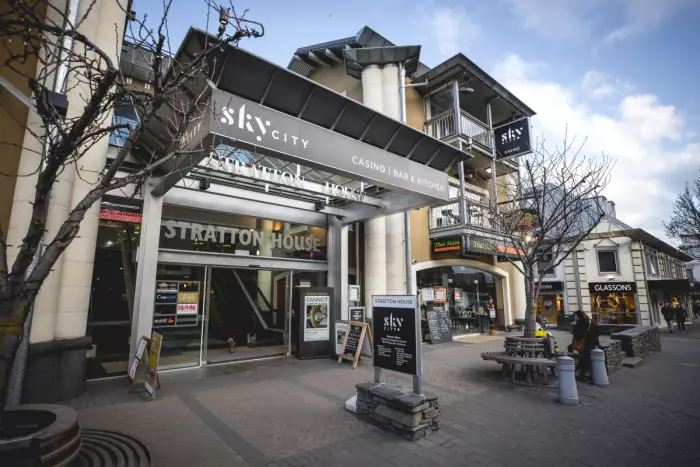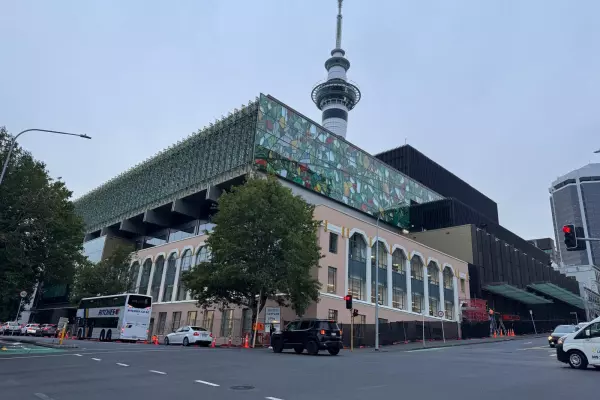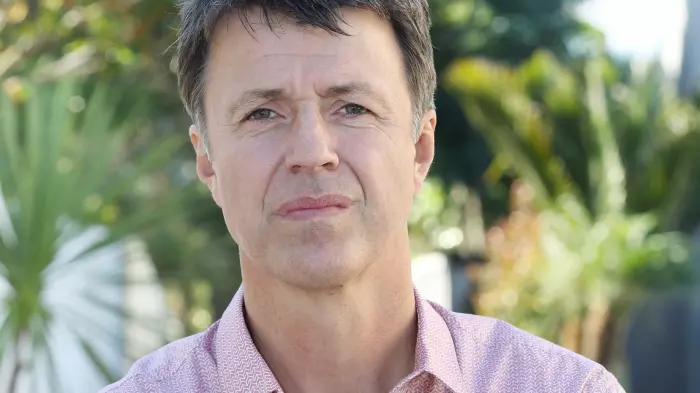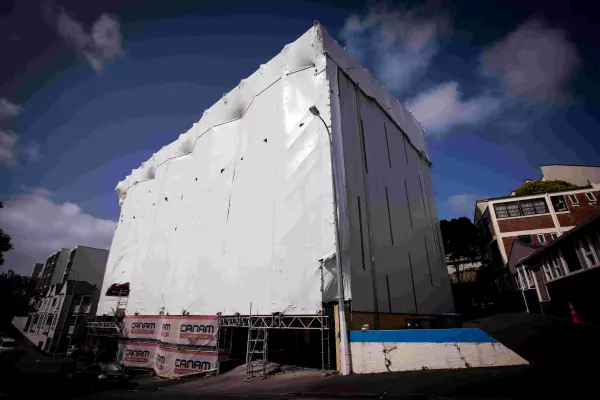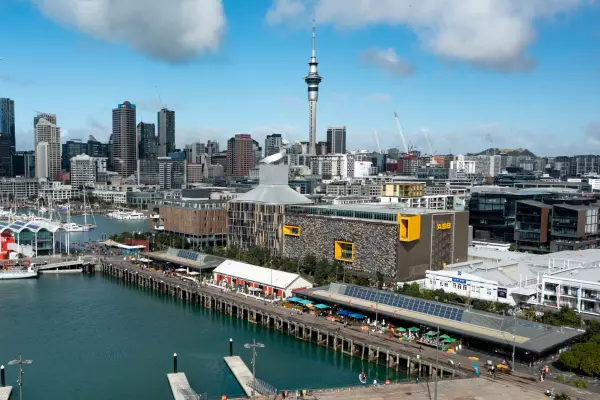An acute lack of available beds in the Queenstown-Lakes area is seeing tourism and hospitality companies resort to snapping up residences as one of a host of recruitment incentives.
The 273-room Novotel Queenstown, owned by Hong Kong-controlled Continuum Hotels and the city’s biggest hotel, had opted to rent out a nearby hostel for staff, who otherwise were being accommodated at the property itself, at the expense of capacity.
SkyCity Queenstown, which last month locked up its restaurant and bar due to staff shortages, had leased a four-bedroom home to give casino employees a place to call home.
The NZ stock exchange-listed casino group’s chief operating officer, Callum Mallett, said the company was struggling to find places for recruited staff to stay or even those seconded from the larger SkyCity Auckland.
That could see the closure of the venue's Wild Thyme Bar and Kitchen for at least part of the summer, Mallett said.
The number of available rental properties in the district, meanwhile, fell 52% during October year-on-year, according to TradeMe property.
A search on the site – across all listings – found only 26 rentals available in the region, while the median rent is up 13% on the year prior, spiking at $680 per week.
Well short of staff
Data across the hotel, hospitality, bus and coach, and restaurant sectors, and tourism satellite accounts, showed that businesses were a combined 65,000 workers short this summer.
The restaurant and cafe sector accounted for almost half of those, while the nation’s 360 hotels needed another 2,670 workers to get back to anything like full capacity, according to numbers from Hotel Council Aotearoa (HCA).
Sharon Fifield, the acting CEO of the Queenstown Business Chamber of Commerce, said businesses were now bracing for a summer that was shaping up to be just as busy as 2019, only with a far leaner workforce.
Fifield said Queenstown members had reported they were shy of 1,500 workers across hospitality and hotel, “and that’s hard for a town that’s built on hosting visitors”.
She said the city and its businesses had been working with Immigration NZ on how to better direct some of the more than 30,000 approved working holiday visa holders to Queenstown, “but are yet to see an influx”.
Creative steps
The chamber reported that wage growth is also ramping up faster than the rest of NZ, averaging 9.2% per annum, compared with 6.8% annually.
The Restaurant Association’s latest remuneration survey suggested that 'chef de partie' (station chefs) wages throughout NZ climbed by an average of 9.8% year-on-year.
Salaried personnel were now being paid an average of $73,052, which was up 11.6% year-on-year. And in some cases, restaurant manager salaries have increased by about a quarter, the survey found.
Outside of boosting wages, employers have taken other ‘creative’ steps to entice staff, Fifield said. That extended to transfer and travel costs, sign-on bonuses of $5,000 or more and accommodation.
Sudima Hotels offered sign-on and retention offers across three and 12 months, in addition to 'connection' days, with employee gifts such as pillows and bathrobes.
Others, like Mexican restaurant Taco Medic, are considering a profit share option for its 60 staff across its four restaurants, while Queenstown hotspot Fergburger actively tapped into its alma mater to help source staff.
Fifield said while these challenges aren’t unique to Queenstown, they were magnified given the resort’s traditional low unemployment and reliance on workers from around NZ and abroad to service ‘peak seasons’.
“It’s still a stunning place to visit, just book ahead and, like the rest of NZ, be aware that many service businesses are working harder with a leaner workforce,” she said.
Not a new issue
HCA strategic director James Doolan said the tourism accommodation workforce shortage remained one of the most “significant handbrakes” on the pace of recovery after covid-related border closures and lockdowns.
“While many different sectors are now affected by a widespread shortage of workers, the accommodation sector is particularly hard-hit because it was necessary to dramatically reduce headcount in order to ride out border closures and lockdowns. Hotels are now having to rebuild their workforce in the middle of a multi-sector workforce shortage.”
Pre-covid, 27,318 people worked in New Zealand’s tourist accommodation sector, but that figure dropped by 54% in the first 12 months after border restrictions began, according to the government’s Tourism Satellite Account.
Blunt tool
Auckland, where a thousand former managed isolation rooms have recently returned to normal service, is also seeing stress points in terms of labour shortages.
Doolan said the worst-affected roles were for chefs and cooks, but it was also difficult to attract entry-level roles, including room attendants and wait staff, despite inflated wages.
The HCA, which represented the country’s 360 hotels, continued to interact with the government around tourism-specific immigration and workforce settings and wanted the government to dial up its own investment in visa processing capacity, where it was still not back to pre-covid numbers.
That came as some more geographically isolated hotels had reported operating at 30% below pre-covid workforce levels.
But, Doolan said, using median wages as a “blunt tool” for cutting off access to overseas workers was potentially very damaging for the tourism export sector and may ultimately impact on service quality and ‘brand NZ’, particularly in low-population tourist destinations.
Hospitality NZ, meanwhile, said not including chefs and other hospitality roles into the fast track residency pathway of the Green List, was a major omission. That was after government announced it had added nurses and auditors to the list on Monday.
In a statement, the sector's mouthpiece said the industry was "beyond frustrated" after government refused to add them to the list.
"They have totally missed the point. The global shortage of skilled staff means we need more competitive and attractive immigration settings. Chefs are allowed to work in New Zealand, but they have to uproot their life to settle in a country where there is no certainty of residency, versus Australia, where there is automatic residency."


